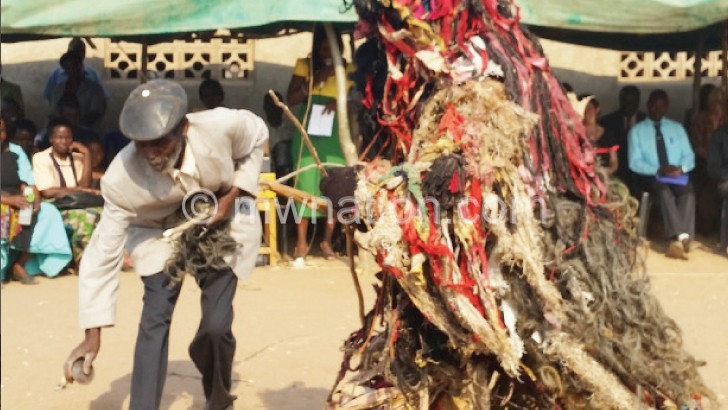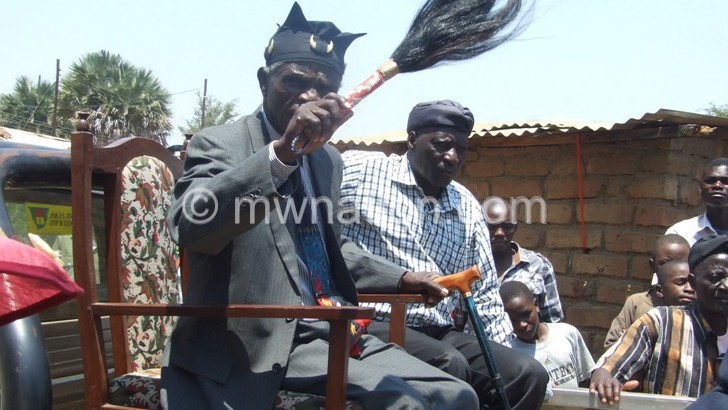Kulowa Kufa evolved not abolished

Ever since the European missionaries came, African cultural practices were deemed primitive and barbaric. Literature has it that some indigenous traditional dances were even banned. But all that is history now. People are not restricted to practice their culture and traditions.
In an effort to restore cultural values, different heritage groups sprung out. Some of the groups that aim to reach this end are Muhlako wa Ahlomwe, Chewa Heritage Association and Ngoni Heritage Association just to mention a few.
These organisations make sure that members of their cultural heritage celebrate and practise their beliefs.
Meanwhile, some organisations have stepped in to say not all traditional practices are worth cherishing and keeping. Due to the HIV pandemic, organisations that are helping in reducing the spread of the infection in the country have condemned such practices as kulowa Kufa.
Kulowa kufa literaly means bad omen and in its context it implies escaping death. The practice rests on beliefs of Sena people for generations. Explaining the practice, Traditional Authority (T/A)Mulolo said it is believed that when one dies, the village is engulfed by a dark cloud and to cleanse the village the widow, has to sleep with the deceased’s brother.
The widow and her brother-in-law have to be locked in a house filled with supplies for two to three days. They are not allowed to eat anything outside the siwa (deceased house) not even getting salt from other houses.
According to T/A Mulolo, it is believed a widow casts bad omen on her husband’s family when she is sexually inactive and there might be mysterious diseases cast on the members. According to the belief, it is not only the widow’s life that is at stake, but also the brother who is the eligible candidate for the cleansing.
Arne S. Steinforth in her book : On the Cultural Construction of Mental Disorder and Normality in Southern Malawi, refers to the practice as a mental disorder related to cultural performance. Some HIV related organisations have taken a similar Eurocentric view of the practice as pure evil and have tried to explain it with cause and scientific effect argument.
The usual cause and effect argument is that in case that the widow is HIV positive, it might be passed on to the brother or vice versa. This argument is valid and the communities practising the ritual understand that, yet the practice still continues.
To the members of these communities, the wrath of the ancestors is more dangerous than the pandemic itself because it is easier for them to relate to superstitions than science.
The traditional ruler from Nsanje told Chill that in recognition of this view, two new approaches have been developed by the chiefs and other organisations that are active in the fight against HIV pandemic.
“The first approach is that when a man dies, instead of him sleeping with the widow, he locks himself with his wife in the house of the deceased for the same period Kulowa Kufa is supposed to be performed and then touch all the belongings of his late brother including his gardens,” said Mulolo.
She confirmed that when this has been done the village is safe from bad omen.
According to Mulolo, the second approach is that the elders have to prepare medicine and sprinkle the concoction all over the house of the deceased, on the widow and the brother to the deceased.
“But the person who sprinkles the concoction is supposed to have had sexual contact with his wife prior to performing the ritual,” said Mulolo.






A country’s culture should never be changed by outsiders unless the people wish it.